
Minister Eamon Ryan TD: Green hydrogen, decarbonised gases, and the energy transition
30th August 2023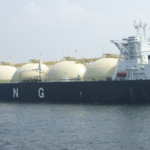
The return of geopolitics: Consequences for energy policy
30th August 2023Ireland’s gas network to play a crucial role in our green hydrogen evolution
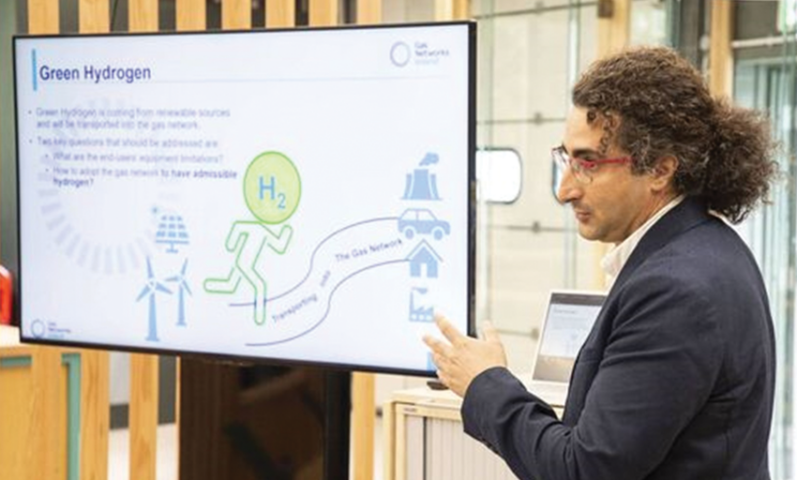
Gas Networks Ireland operates and maintains Ireland’s €2.7 billion, 14,664km national gas network, which is considered one of the safest and most modern renewables-ready gas networks in the world and is perfectly positioned to become the nation’s backbone for the green hydrogen economy.
National hydrogen strategy
In July 2023, the Department of the Environment, Climate and Communications (DECC) published the Government’s National Hydrogen Strategy which outlines the future role green hydrogen gas – harnessed from offshore wind – and the gas network will play in specific areas of Ireland’s energy system, particularly for hard to abate sectors such as transport, industrial heating, and power generation.
Gas Networks Ireland has strongly welcomed its publication as an important milestone in the decarbonisation of Ireland’s gas network, which is essential in the transition to a net-zero energy system in Ireland by 2050.
Green hydrogen: a zero-carbon substitute for fossil fuels
The National Hydrogen Strategy recognises that green hydrogen offers an incredible opportunity to enable Ireland to transition to a climate neutral economy by being a zero-carbon substitute for fossil fuels. In doing so, green hydrogen will help Ireland meet its 2050 net-zero emissions targets, diversify, and strengthen its security of supply, provide a pathway to energy independence, and in the long term, potentially leading to the creation of a new energy export market.
The Strategy also highlights that green hydrogen is both safe and feasible to use in the existing gas distribution network to transport hydrogen blended with natural gas now, and with some modifications, transport 100 per cent hydrogen in the future. Gas Networks Ireland continues to undertake a programme of hydrogen testing on the gas transmission network.
Hydrogen testing centre
Working with University College Dublin’s Energy Institute (UCDEI), one of the first innovation projects undertaken at Gas Networks Ireland‘s Network Innovation Centre was Testing of Blends of Hydrogen and Natural Gas (HyTest). The team tested the operation and performance of gas appliances utilising a range of hydrogen concentrations from 2 per cent to 20 per cent hydrogen.
The research found that householders using natural gas blended with up to 20 per cent hydrogen will not need to make any change to their existing domestic appliances or notice any difference. There was also a substantial emissions reduction obtained by blending hydrogen with natural gas.
EU hydrogen project partners
Gas Networks Ireland is also participating in a major project to help the European Union meet its new accelerated goals and radically increase the use of hydrogen by 2030. The EU is predicting that circa 14 per cent of energy consumption across Europe will be from hydrogen by 2050, while it is expected to be 20-35 per cent in the Netherlands, and up to 50 per cent of the total energy demand in the UK.
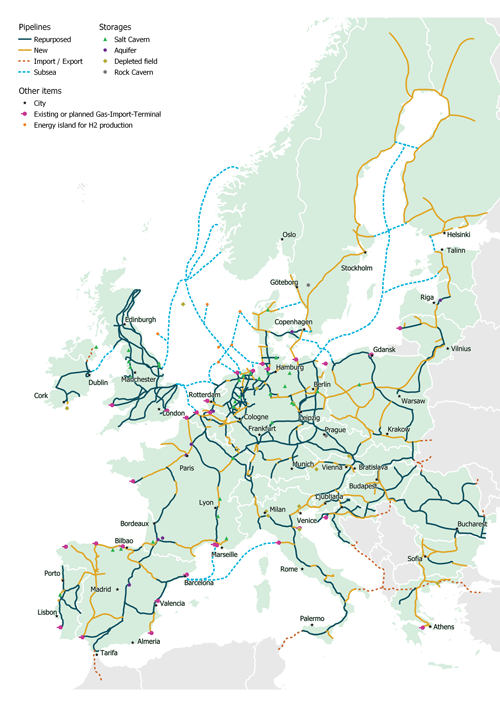
53,000 km of hydrogen pipeline through 28 European countries by 2040 is envisioned as part of the European hydrogen backbone (EHB) initiative.
The European Hydrogen Backbone initiative is focussed on planning for the future development of a European hydrogen market through new pan-European hydrogen transport infrastructure. The planned hydrogen backbone network will largely be based on repurposing existing natural gas infrastructure. It is envisaged that by 2040, for example, Ireland could be connected to the new European hydrogen backbone via a repurposed subsea pipeline to the Moffat interconnector in Scotland.
Working with third level institutions and Science Foundation Ireland
Additionally, Gas Networks Ireland is working with academia. The utility is one of a number of industry players funding a €16 million strategic partnership with Irish third-level institutions that will examine how to holistically decarbonise the overall Irish energy sector. Led by UCDEI, NexSys (Next Generation Energy System) is also supported by Science Foundation Ireland.
Gas Networks Ireland has a number of other strategic hydrogen research partnerships, including one with Ulster University on hydrogen blend safety and with AMBER on materials compatibility with hydrogen.
| The national gas network: Ireland’s hydrogen-ready infrastructure | Repurposing the gas network for hydrogen |
|
Welcoming the Government’s strategy and its commitment to supporting the establishment of a green hydrogen industry in Ireland, Gas Networks Ireland’s CEO, Cathal Marley says: |
The cost of repurposing the existing gas network to transport hydrogen is estimated to be a fraction (10 per cent to 35 per cent) of the cost of building new dedicated hydrogen pipelines. |
Gas Networks Ireland
W: www.gasnetworks.ie/hydrogen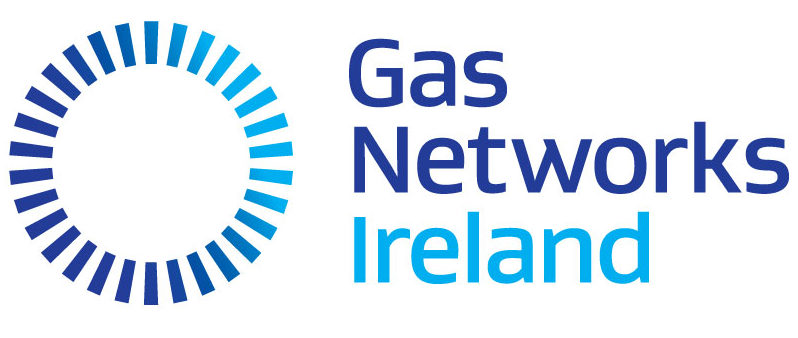

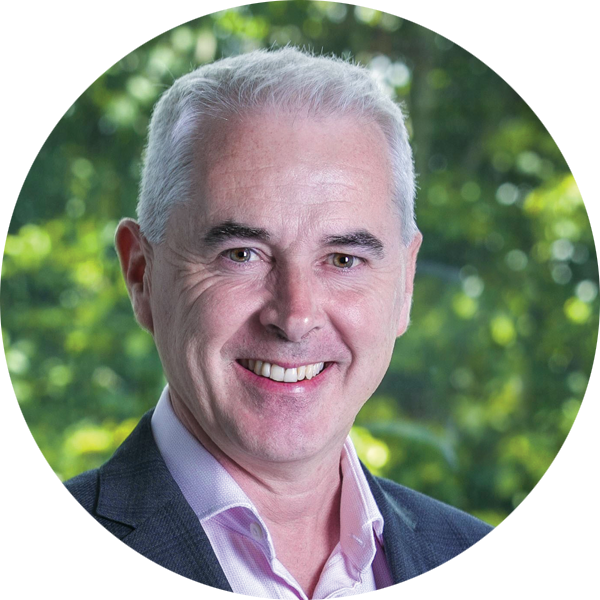 Cathal Marley, CEO of Gas Networks Ireland. Gas Networks Ireland is supporting Ireland’s journey to a cleaner energy future by working to replace natural gas with renewable gases, such as biomethane and green hydrogen.
Cathal Marley, CEO of Gas Networks Ireland. Gas Networks Ireland is supporting Ireland’s journey to a cleaner energy future by working to replace natural gas with renewable gases, such as biomethane and green hydrogen. David Kelly, Director of Customer and Business Development at Gas Networks Ireland. The gas network is the cornerstone of Ireland’s energy system, securely supplying more than 30 per cent of Ireland’s total energy, including 40 per cent of all heating and almost 50 per cent of the country’s electricity generation.
David Kelly, Director of Customer and Business Development at Gas Networks Ireland. The gas network is the cornerstone of Ireland’s energy system, securely supplying more than 30 per cent of Ireland’s total energy, including 40 per cent of all heating and almost 50 per cent of the country’s electricity generation.